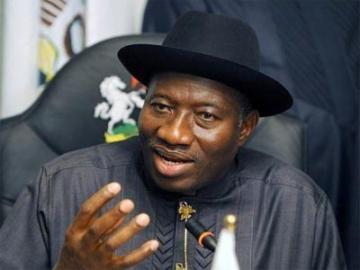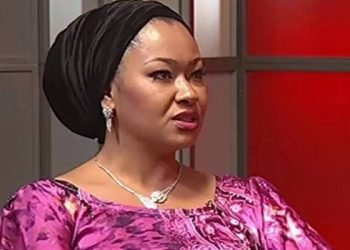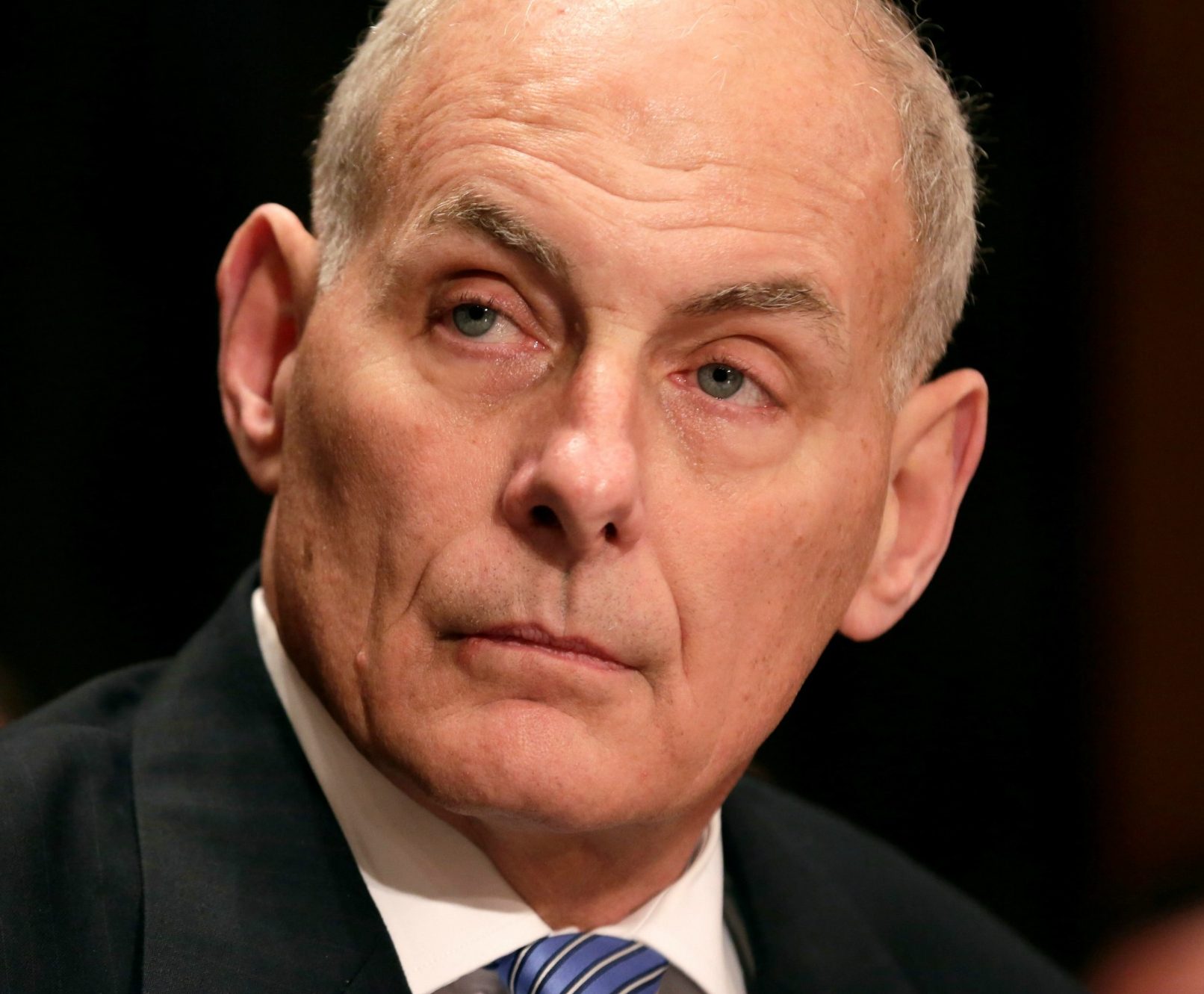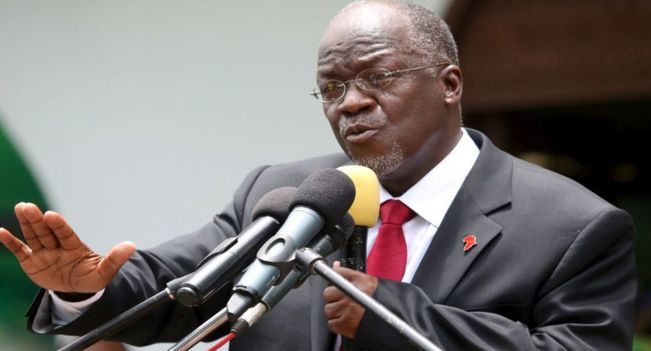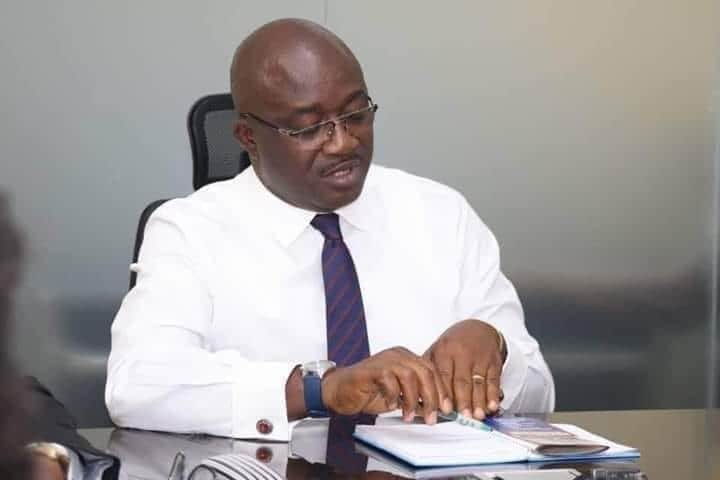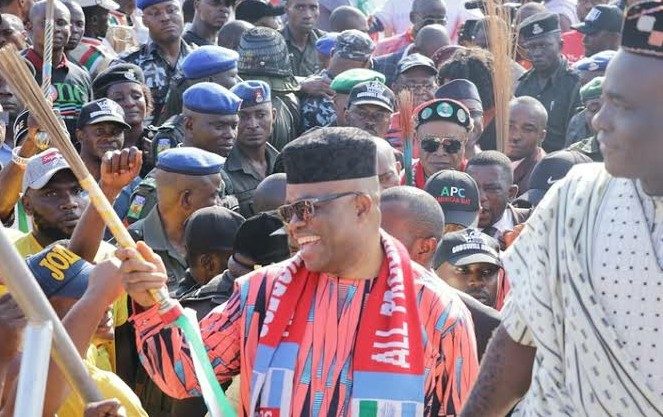Former President, Goodluck Jonathan has filed an application before a Federal High Court sitting in Abuja, for an order to wholly set aside the issuance and service of the subpoena issued on him by the court on October 23, 2017.
The order issued against Jonathan was for him to appear in court to give evidence in the case of corruption involving the former National Publicity Secretary of the Peoples Democratic Party, PDP, Olisa Metuh.
The suit against Olisa Metuh and Destra Investment Limited was filed by the federal government and it has a seven-count criminal charge.
In the alternative, Jonathan asked for an order mandating Olisa Metuh to deposit the sum of N1 billion with the court in line with the provisions of Section 241 (2) of the Administration of Criminal Justice Act 2015.
The money, the former president said, was to cover his travel expenses and that of his security personnel from his hometown, Otuoke, to Abuja.
The money would also cover for logistics as well as provision of tight security to cover the period of time he might spend appearing before the court as former president and any other order the court might deem fit.
The Motion on Notice dated October 27, 2017 and signed by his counsel, Chief Mike Ozekhome (SAN), was brought before the court pursuant Section 37 of the Constitution of the Federal Republic of Nigeria, 1999, as altered, Section 241(2) of the Administration of Criminal Justice Act 2015, Section 183 of the Evidence Act 2011 and the inherent jurisdiction of the court as preserved in Section 6 (6A&B) of the constitution of the Federal Republic of Nigeria, 1999, as altered.
READ ALSO: Jonathan’s campaign organisation owes N24m for posters
The grounds given by the former president in his Motion on Notice includes that the evidence being sought from him was an invasion of his personal privacy and family life as provided in Section 37 of the constitution of the Federal Republic of Nigeria, 1999, as altered.
He stated further that the evidence being sought from him was likely to expose him to a criminal charge, penalty and forfeiture.
He added that the subpoena was not clear and made on a frivolous ground.
He said the court summon was aimed at embarrassing his person.
Jonathan said it was wrong for him to be invited to testify in the said case because Metuh was not his personal aid or appointee while he was the president of Nigeria.
He said he could not have dealt with him directly under any circumstance to warrant his invitation to give testimony in the criminal charge against him.
He said he could not be directly linked to Metuh’s case as he appointed people in various capacities to carry out the day to day running of government activities.
He argued that only the appointees who carried out their assigned duties could be invited to testify and not him.
Explaining his request for an alternate order mandating Metuh to deposit N1 billion for his travel expense with the court, Jonathan stated that by provisions of Section 241(2) of the Administration of Criminal Justice Act 2015, he was not bound to attend court except Metuh paid for his travel expense.
